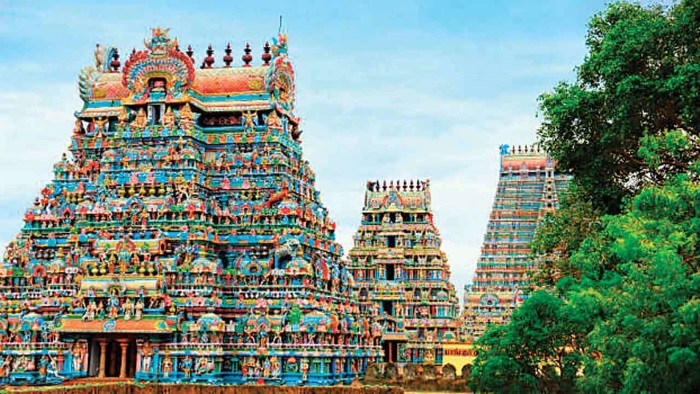Collective grit for heritage preservation, 65 villages of TN joins hand to protect temples from clasps of government
Total Views |
Chennai, Jun 21: In India, Temples are not just a place of praying but also a place for social engagement. Especially, in South India, temples are not just part of society but also a part of the social and cultural mindset. Now, preservation this cultural heritage, the collective action electrified the 65 villages in around Melur of the Vellalur Nadu in Tamil Nadu come together to limit a proposed move by the state govt. To take over centuries-old temples of the local deities.

The Hindu Religious & Charitable Endowments Department (HR&CE) aims to take over the administration of the Mandai Karuppasamy Temple, Ezhailatha Amman Temple and Valladikarar Temple which have been under the control of the people of these villagers for over 500 years.
The villages, spread over five provinces, are headed by 22 leaders called ‘Ambalathukarars’. The three major temples of the region are administered and managed by these Ambalathukarars.
The predominant Kallar community, which takes immense prestige over the appointment of Amabalathukarar, recently witnessed internal strife as a person belonging to the community moved the court demanding that he be instituted to the reputed post against the wishes of many.
Dismissing his petition, the court instructed the HR&CE department to look into allegations of large scale misappropriation of funds belonging to temples. If that was not enough, a petition urging the department to take over the administrative control of the shrines was entertained.
Taking cognizance of the developments, over 20,000 villagers including women decided to take out a protest march to the department office in Madurai.
The assistant commissioner of HR&CE, tahsildar of the block and Melur DSP held extensive talks with the protesters and assured that nothing will happen against their wishes.
Clarifying on all the allegations of financial misappropriations, the Ambalathukarar said, “Our temples are administered exclusively on the donations from villagers, who are attached to these temples and no outside donations are accepted. All the heads and village representatives come together to decide on the annual expenditure of the grand annual festival, organized by the temples, which is split among five provinces. Donations are also accepted in the form of rice to feed the people who come to the festival and for the workers.”